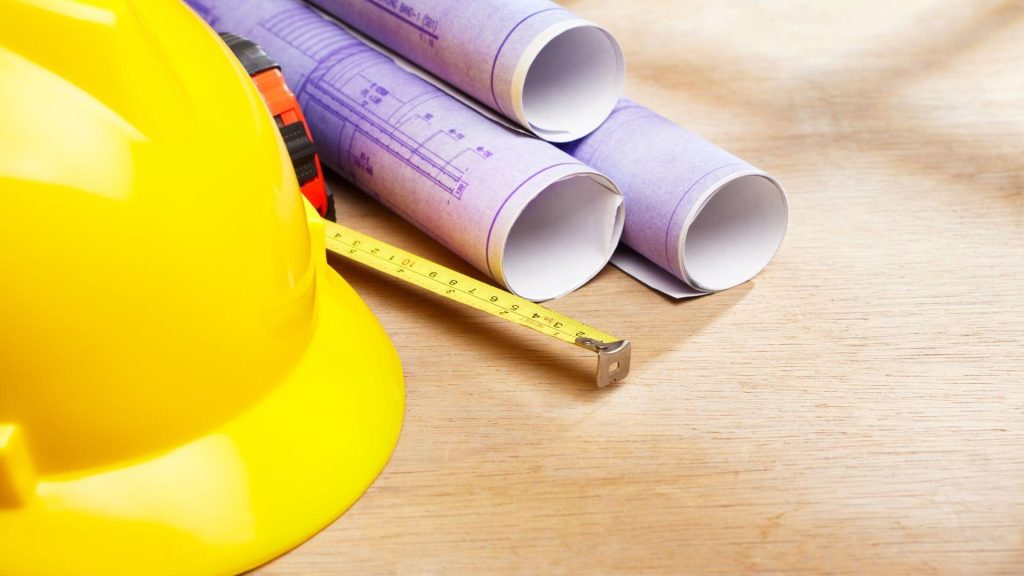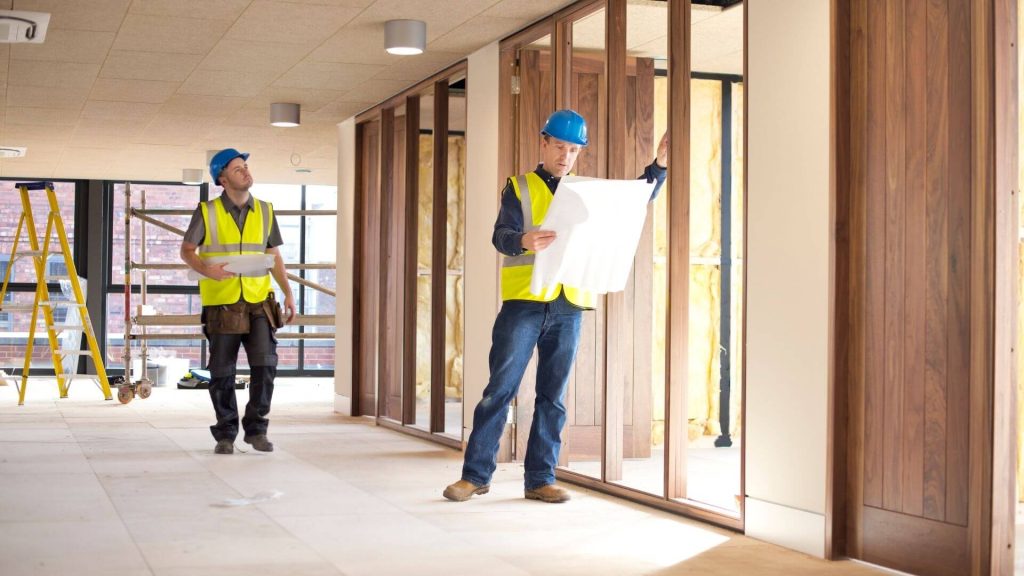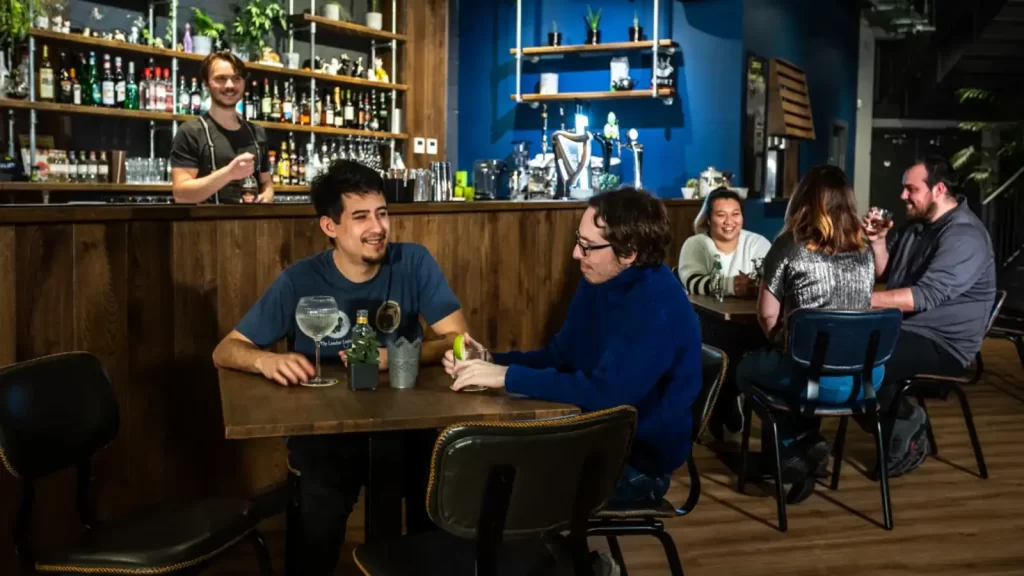Table Of Contents
London hospitality fit-out projects demand a perfect balance of creativity, functionality, and a deep understanding of guest expectations. London’s hospitality sector is distinct. It blends global tourists with local, discerning customers. Thus, crafting the ideal space is crucial. Whether it’s a small café in Soho, a chic bar in Shoreditch, or a lavish hotel in Mayfair, design is vital. It’s more than looks; it’s about leaving a lasting impression on every guest.
A well-executed London hospitality fit-out can transform your space into a destination that people talk about and return to. It’s not just about looking good; it’s about designing a space that works seamlessly for your staff, delivers memorable experiences for your guests, and reflects your brand’s identity. From efficient layouts to creative design elements, every detail plays a role.
This guide dives into what it takes to pull off a successful hospitality fit-out in London. From overcoming challenges like limited space and strict regulations to embracing sustainability and cutting-edge design, we’ll cover the essential steps to help you create a space that stands out in one of the world’s most competitive hospitality markets.
Challenges of a London Hospitality Fit-Out
Creating a hospitality space in London comes with challenges. These include small floor plans and strict building rules. The process needs a mix of creativity, practicality, and audience insight. However, careful planning and smart design can turn these challenges into chances for a unique space.
Making Every Inch Count
Space is a premium commodity in London, and most hospitality venues have to contend with compact layouts. Whether you’re working with a cosy café or a narrow restaurant space, the challenge lies in making the venue feel welcoming without feeling cramped. Every square metre has to serve a purpose—whether it’s seating, storage, or a functional back-of-house area.

Clever solutions, like modular furniture that adapts to different uses or foldable tables for multi-purpose spaces, can help you maximise usability. Vertical design is also key: think wall-mounted shelves, hanging storage, and even plants to add depth and character without eating into valuable floor space. The goal is to create a layout that feels open and effortless, even when space is limited.
Preserving Character While Embracing Modernity
Many hospitality businesses in London work with heritage properties. These properties are charming and historic, but they also bring challenges. Businesses must follow strict regulations, deal with structural limits, and keep period features. Meeting these challenges requires both careful thought and creativity.
The trick is to highlight the building’s natural beauty while integrating modern amenities. For example, exposed brick walls or vintage wood panelling can add warmth and authenticity, while discreet lighting and energy-efficient systems ensure the space meets contemporary needs. These compromises can actually become a selling point, offering guests a blend of history and modern comfort.
Catering to High Expectations
London’s hospitality market is highly competitive. Today’s customers seek more than food or drink; they want an experience. Every detail matters from the moment a guest arrives. This includes lighting, seating, and acoustics. All contribute to a memorable atmosphere.
The challenge is to balance efficiency with beauty. For instance, an open kitchen might impress guests but could also create noise issues. Similarly, bold designs can make a place memorable. However, they must not disrupt the service flow for staff and guests.
How to Create a Standout Hospitality Design in London
In London’s competitive hospitality scene, design is not just an afterthought—it’s the first impression your venue makes on a guest. It’s what sets the tone, tells your story, and keeps customers coming back. In a city brimming with unique and memorable spaces, standing out requires more than trendy furniture and bold colours. It’s about creating a seamless blend of atmosphere, functionality, and a sense of place.
Define Your Venue’s Identity
What story does your space tell? Every unique venue in London has its own identity, be it a fancy cocktail bar in Mayfair or a casual café in Shoreditch. Your design should mirror your brand’s essence—showcasing your best and the feeling you want to evoke in guests.

For instance, a rustic Italian restaurant might use warm lighting, reclaimed wood, and earthy colours to feel authentic and welcoming. On the other hand, a modern sushi bar might prefer clean lines, minimalism, and bright accents to reflect precision and sophistication. Importantly, a consistent design ensures that seating and decor match.
Design for People, Not Just Aesthetics
A hospitality space can be visually stunning, but if it doesn’t function well, it won’t succeed. Good design starts with the guest experience. Think about how your guests will move through the space—where they’ll sit, where they’ll wait, how they’ll interact with the staff. The flow of a room is just as important as its appearance.
At the same time, your team’s needs should be front and centre. A cramped kitchen or poorly placed bar can slow down service and impact the overall guest experience. Whether it’s a quick-service café or a fine-dining restaurant, efficient layouts are non-negotiable. The goal is to create a space where guests feel relaxed and taken care of while your staff works with ease.
Use Technology Thoughtfully
Using technology in hospitality design can improve experiences for guests and staff. However, it must be done carefully. Technology shouldn’t dominate or clash with space. Instead, it should subtly enhance the atmosphere. For example, lighting that shifts from bright in the morning to warm in the evening sets the right mood. Similarly, sound systems that adjust music volume for different areas create the perfect setting.
Self-service kiosks and mobile ordering can speed up processes. This allows staff to focus on personal interactions. Thoughtful technology use can enhance guest experience and efficiency.
Create Moments Worth Remembering
In London, people seek more than food or drinks. They crave an experience. Creating “wow” moments can turn visitors into loyal fans. Consider a striking light setup, a unique wall, or simply beautifully presented dishes. These dishes, perfect for social media, can draw attention.

The key is authenticity. Don’t force gimmicks—think about what fits naturally within your concept and elevates the guest experience. A well-executed design detail can become the reason someone remembers your venue and recommends it to others.
Sustainability in London Hospitality Fit-Out Projects
In London’s hospitality scene, sustainability has evolved from a trend into a fundamental expectation. Today’s guests are more conscious than ever about the environmental impact of the spaces they visit. A sustainable approach to your hospitality fit-out isn’t just about being eco-friendly—it’s about demonstrating responsibility, reducing costs in the long run, and building a space that aligns with the values of modern customers.
Choose Materials That Tell a Story
The materials you pick for your fit-out show your commitment to sustainability. Consider reclaimed wood, recycled metals, or materials with certifications for responsible sourcing. Reclaimed timber, for instance, not only reduces waste but also adds warmth and character. Imagine tables or counters made from wood salvaged from old London buildings.
Also, think about durability. Choosing high-quality, lasting materials now can save you from costly replacements later.
Make Energy Efficiency the Foundation
Energy costs in London are rising, along with the need to cut consumption. Simple changes, such as switching to LED lights or adding motion sensors, can significantly reduce energy use without sacrificing design. Also, energy-efficient HVAC systems are key. They keep spaces comfortable while reducing waste.

Moreover, adopting renewable energy solutions is wise. For instance, solar panels or green energy providers can greatly lower a venue’s carbon footprint. This also strengthens the sustainability message.
Think Beyond Construction: Daily Operations Matter
Sustainability goes beyond construction. Daily activities are vital for eco-credentials. Features like water refill stations, recycling points, and reusable menus show a commitment to the environment.
For example, incorporating refillable dispensers in restrooms or behind the bar eliminates unnecessary plastic waste. Small decisions like these build up over time and show guests that sustainability is woven into your business ethos.
Be Honest and Transparent About Your Efforts
In a market as sophisticated as London, guests value authenticity. If sustainability is central to your fit-out and operations, share that story with your audience. Display your eco-friendly choices proudly—whether it’s a plaque that highlights your reclaimed materials or a note on the menu about how you reduce waste. But remember, transparency is key. Customers appreciate honesty over exaggerated claims.
When sustainability feels like a natural extension of your brand rather than a marketing strategy, it resonates with guests on a deeper level. It’s not about perfection—it’s about progress.
Budget-Friendly Tips for a London Hospitality Fit-Out
Designing a hospitality space in London can feel daunting, especially when budgets are tight. But creating a standout venue doesn’t always require deep pockets—just smart choices and creative thinking. Here’s how you can make your London hospitality fit-out work financially, without compromising on quality or style.
Prioritise the Essentials
First, identify what’s important. It’s easy to get distracted by fancy designs. But, focusing on the essentials ensures your money goes where it matters. For instance, buying durable flooring is smarter than splurging on decor.
Next, consider what boosts guest experience and efficiency. A good layout or sturdy, comfy seats matter more than a complex light fixture.
Repurpose and Upcycle
London is brimming with opportunities to find second-hand furniture or materials that can be given a new lease of life. Whether it’s a vintage bar counter from a local salvage yard or reclaimed wood for tabletops, repurposing can save money while adding charm and character to your space.
Upcycling isn’t just cost-effective—it’s also sustainable. Guests love a story, and being able to share that your tables were made from repurposed materials or your lighting was sourced from a local market adds authenticity to your brand.
Work with a Clear Budget (and Stick to It)
Before you dive into your fit-out, map out every expected cost—big or small. Break your budget down into categories like furniture, construction, décor, and permits, and don’t forget to include a contingency fund for any unexpected surprises. It’s far easier to stay on track when you have a clear picture of what you’re working with.
Once your budget is set, resist the temptation to veer off course. Impulse decisions can add up quickly, so focus on the plan and save any extras for future upgrades once your venue is up and running.
Mix High and Low Investments
Not everything in your space needs to be top-of-the-line. Splurge where it matters most—like durable furniture or high-quality kitchen equipment—and save on less critical elements. For instance, a sleek, affordable finish on the walls can still look impressive without the expense of custom panelling.
Knowing where to invest and where to save is the key to creating a space that looks expensive without blowing your budget. A little creativity with lower-cost items can still create a high-end feel.
Choose Multi-Functional Designs
Furniture that serves multiple purposes saves space and money. For instance, modular seating for various events or tables with storage is both practical and cost-effective. In London, where space is limited, such solutions are crucial.

Take a café that becomes a workspace by day and a social spot by night. Flexible layouts are key. This strategy maximises investment and accommodates different guests.
Collaborate with Professionals for Efficiency
Hiring professionals may seem costly, but their expertise saves money later. Experienced designers and contractors prevent costly mistakes, find quality materials, and keep projects on schedule.
Moreover, they identify where to spend more initially for future savings. This includes options like energy-efficient lighting or durable surfaces that lower maintenance costs.
Why Choose SEI for Your London Hospitality Fit-Out
Choosing the right partner is key for a standout hospitality space in London. At SEI, we grasp the challenges and opportunities in this competitive market. Our expertise, creativity, and commitment to quality ensure a smooth, stress-free process for clients.
Tailored Solutions for Every Hospitality Venue
No two hospitality spaces are the same, and we believe your fit-out should reflect the individuality of your venue. Whether you’re running a boutique hotel, a lively bar, or a neighbourhood café, SEI takes the time to understand your vision, your audience, and your brand identity. Our bespoke approach ensures that every detail is designed to meet your unique needs, from layouts that maximise space to design features that wow your guests.
Our team specialises in turning challenges into opportunities. Compact spaces, heritage buildings, or unique operational requirements? We’ll craft a solution that works for your business without compromising on aesthetics or functionality.
Expertise in London’s Hospitality Scene
Working in London comes with its own set of complexities, from strict planning regulations to high customer expectations. With years of experience in the city, SEI has the local knowledge and industry connections to navigate these challenges effortlessly. Whether it’s sourcing sustainable materials, managing heritage permissions, or ensuring your venue meets health and safety standards, we know how to deliver results that exceed expectations.
Sustainability at the Core
We see sustainability as vital in hospitality design. SEI is committed to eco-friendly practices in all our projects. We use reclaimed materials and energy-efficient systems. This makes your space beautiful and appealing to eco-conscious guests.
Our designs are durable, cutting waste and ensuring longevity. For us, sustainability is the core, not an extra.
Maximising Value Without Compromising Quality
We understand budgets are tight, especially in London. So, SEI prioritises value engineering. This approach helps us save costs without losing quality. We seek affordable, high-quality materials. We also design spaces for multiple uses. Our goal is to stretch your budget.
Still, we aim for the best results. Our focus on detail, craftsmanship, and innovation ensures your space feels luxurious, even on a budget.
A Partner You Can Trust
At SEI, we see ourselves as more than just a fit-out company—we’re your partner in bringing your vision to life. From the first consultation to the final touches, we’re with you every step of the way. Our collaborative process ensures your input is valued, and our transparent communication means there are no surprises along the way.
We pride ourselves on building lasting relationships with our clients, many of whom return to us for future projects. Your success is our success, and we’re dedicated to helping your hospitality venue thrive in London’s vibrant scene.



